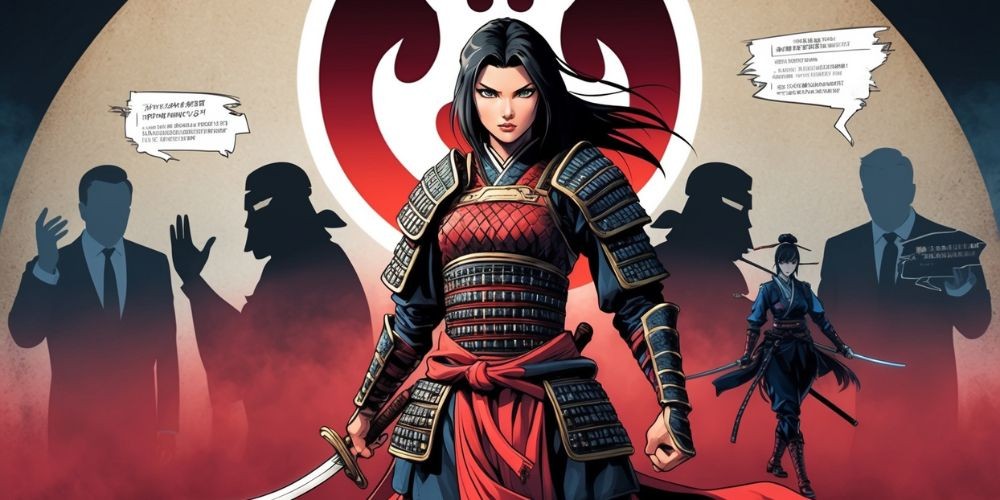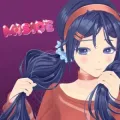Defending Vision: Controversy Surrounds Ghost of Yotei's Female Lead and Historical Narrative
- 2024-09-28 07:35

Recent feedback surrounding the newly announced Ghost of Yotei has sparked conversation, particularly relating to its female lead character. The former head of Sony, Shawn Layden, has responded to the criticism with a strong stance, emphasizing that the game represents the vision of its developers at Sucker Punch.
Layden defended the creative choices behind Ghost of Yotei, stating that it is fundamentally a work of entertainment rooted in the passion of its creators. He stressed that the game was designed according to the developers’ beliefs, allowing them the freedom to tell the story they envisioned. He further insisted that those who do not appreciate this direction have the option to refrain from purchasing it.
He proposed an intriguing challenge, suggesting that if individuals aren't satisfied with the current project, they could consider creating their own version. This perspective resonates with a number of fans who are eager about the sequel and the introduction of a female samurai character. Some enthusiasts have even started conversations about the significant history of samurai women, referencing related scholarly work.
Others have highlighted the role of onna-bugeisha or onna-musha, the female warriors from Japan's past, who often stood shoulder to shoulder with their male counterparts in battle. While it remains uncertain how Ghost of Yotei will navigate its storyline, its setting in Hokkaido, taking place more than three centuries after Ghost of Tsushima, hints at a narrative involving the Ainu people of that area.
Moreover, the title Ghost of Yotei includes a historical detail that some experts believe is intentionally misleading, adding an intriguing layer to the game's development and reception.





